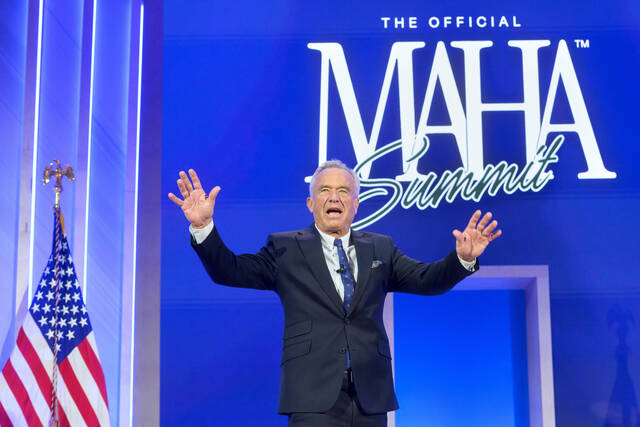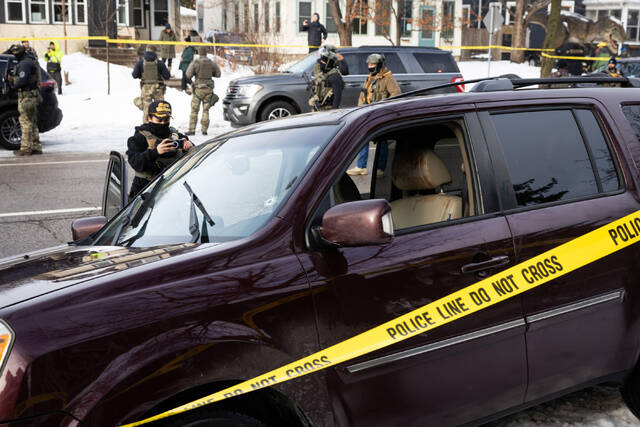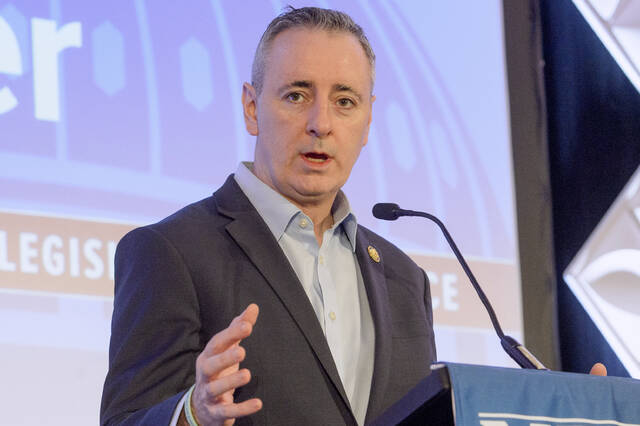It was the longest night of my life. The debate dragged on forever.
And he continued to not answer the questions. Well, he did answer. His replies just didn’t have much to do with the questions that were asked.
It was frustrating. It was annoying. I don’t mind saying, it ticked me off. There were important issues on the table. Could we just get to the point already?
No, this wasn’t Tuesday’s presidential debate. It was almost 20 years ago, and it was a Pennsylvania county commissioner race.
One candidate, an independent with no prior government experience, was running on a very simple platform. Stop spending money. And that was his answer to every question.
How do we address critical bridges? What would you do about jail overcrowding? Do you have a plan for unfunded mandates from the state and federal government?
“Stop spending money.”
At least he was succinct.
His message was important. The county was spending a lot of money, and the burden of that was falling on property owners who were being pressed hard. He represented the voices of those people who weren’t being heard.
But because the candidate couldn’t answer questions or put together a clear argument about the issues, it didn’t matter. When the votes were cast and counted, he came in a distant sixth.
There are a lot of ways to bomb in a debate. Richard Nixon’s sweaty TV appearance in 1960. That time a U.S. Senate candidate in Delaware, Christine O’Donnell, proved in glorious technicolor that she didn’t understand the Constitution. The truly dismal 2018 Pennsylvania gubernatorial debate, although that’s attributed as much to moderator Alex Trebek as to the candidates.
At some level, it always comes down to not being prepared — whether that’s prepared for the debate or prepared for the job at all.
The point of a debate is to go beyond the bumper stickers and yard signs. It is an opportunity to get to the more complicated issues and see if the candidates can do more than memorize talking points.
That’s important to know who to give your vote because governing is more than just recitation. It’s having a bedrock set of principles but also knowing how to adapt them when the situation doesn’t follow a script.
A leader needs to know how to handle the unexpected, whether that’s a natural disaster or a political one. We can’t stage a flash flood or an impromptu war to see if candidates are up to the job, but we can put them on one stage, face to face and ask them to defend their positions and proposals against third-party questioning and each other.
That’s what a debate really is — not a live, improvised campaign commercial. It’s a simulation. The political science version of a fire drill.
And that was why that long-ago debate was so frustrating. By saying the same thing, over and over again like a toy with a pull-string, the candidate wasn’t telling me as his constituent or a member of the press anything about how he would govern.
This week’s debate was not the same. There was plenty of arguing and lots of attack and defense.
But there still weren’t a lot of answers. And that always leaves lots of questions.








